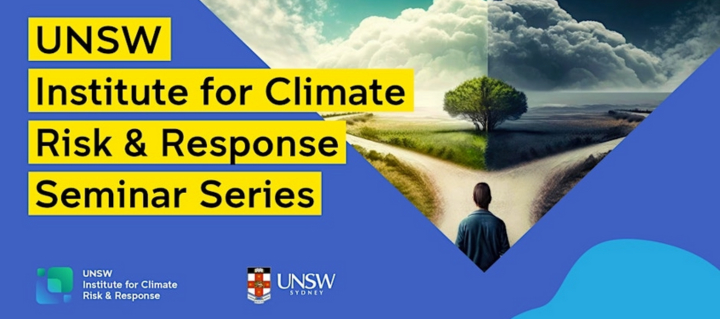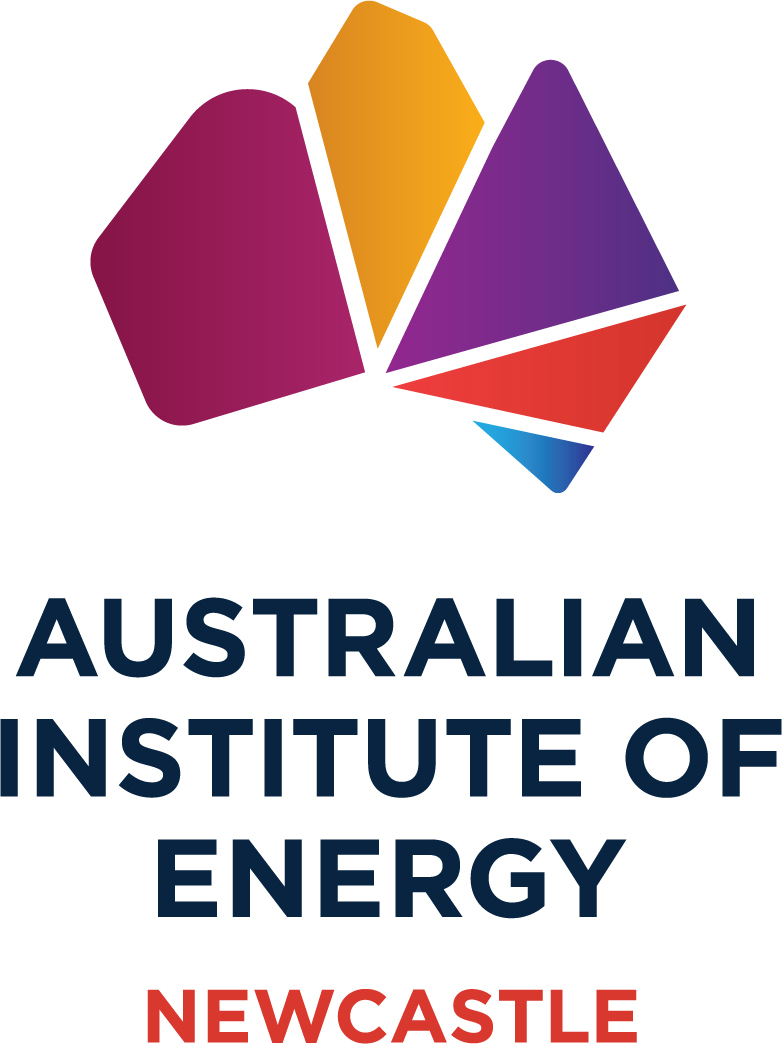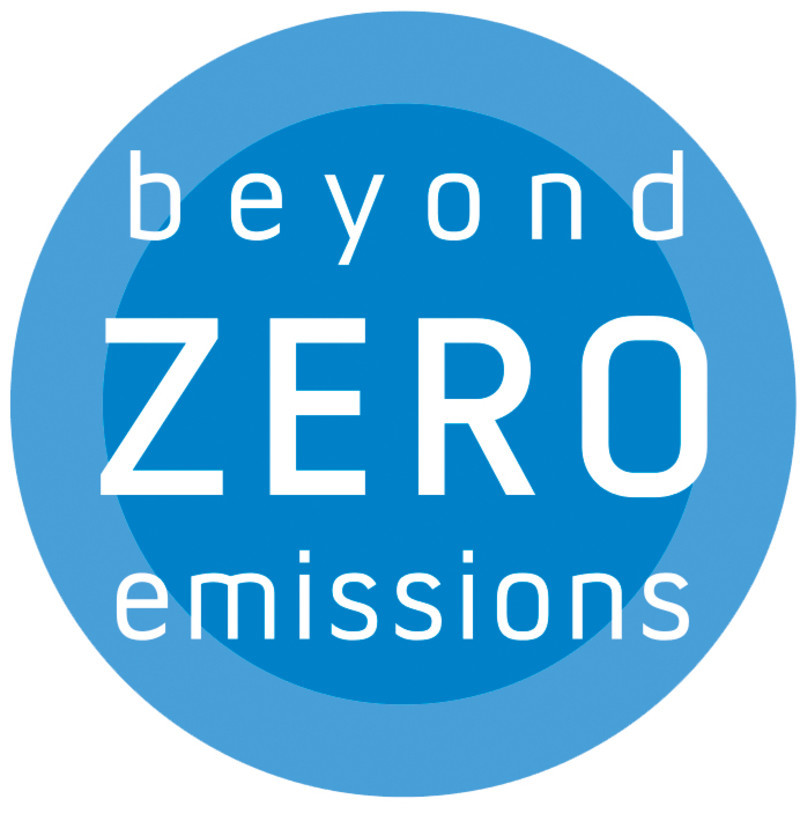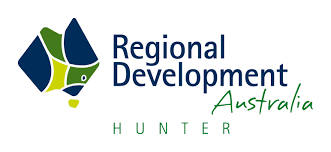UNSW Institute for Climate Risk & Response Seminar: Prof. Christopher Fleming & Prof. Nick Barter
You're invited to join the upcoming ICRR Seminar commencing at 10:30am, followed by light refreshments at 11:30am.

Identifying options for adapting to a changing climate: The case of East Rennell, Solomon Islands.
Abstract: Pacific Small Island Developing States have a long history of resilience and adaptation to environmental variability, yet their rural communities face a range of chronic threats to the sustainable management of their natural resources. These threats are exacerbated by a rapidly warming climate and new climate-related risks, such as increased incidence of extreme weather events, and sea level rise. The increasing pressures on their natural resources from population growth, tourism development, falling agricultural productivity, and over-harvested fisheries are being magnified and compounded by climate related impacts, including more severe tropical cyclones, ocean acidification, coral bleaching, droughts, increasing coastal inundation, and erosion.
Ecosystem and Socio-economic Resilience Analysis and Mapping (ESRAM) is an innovative, multi-scale assessment tool developed by the Secretariat of the Pacific Regional Environment Programme (SPREP) for ecosystem-based approaches that promote climate adaptation and resilience at the community level. The ESRAM process is designed to generate a robust planning baseline and to inform the identification of ecosystem-based adaptation options that will strengthen the socio-ecological resilience of communities to the impacts of climate change and other anthropogenic pressures.
This seminar presents an overview and analysis of an ESRAM that was conducted for four communities living on the shores of Lake Tegano in the east of Rennell Island, in Rennell-Bellona Province of the Solomon Islands – an area that was inscribed as a World Heritage Site in 1988, the first for a Pacific Island nation.
Bio: Chris Fleming is a Professor of Economics and Dean (Research) for the Griffith Business School. As an applied micro-economist, his research interests include ecological and environmental economics, nature-based solutions to climate change, sustainable development, livelihood pathways and well-being. He has several ongoing research projects with a Pacific Island focus and is particularly interested in sustainable development pathways for small island developing states in the Pacific and beyond. He has published over 60 peer reviewed academic articles and received more than $15 million in research funding, including $2.7 million in Category 1 Australian Competitive Grants.
Nick Barter is a Professor of Sustainability Strategy for the Griffith Business School. His purpose is to help organizations become Future Normal (www.futurenormal.net) - enabling them to act meaningfully in our surroundings and purposefully to benefit themselves and society. A Future Normal organization is one where the CEO and their teams are enabled to meet the challenges of the coming decades and in so doing they are building a business their children will be proud of. To support this work, he researches with and advises organizations domestically and internationally and teaches on Griffith Business School's world-leading MBA.














